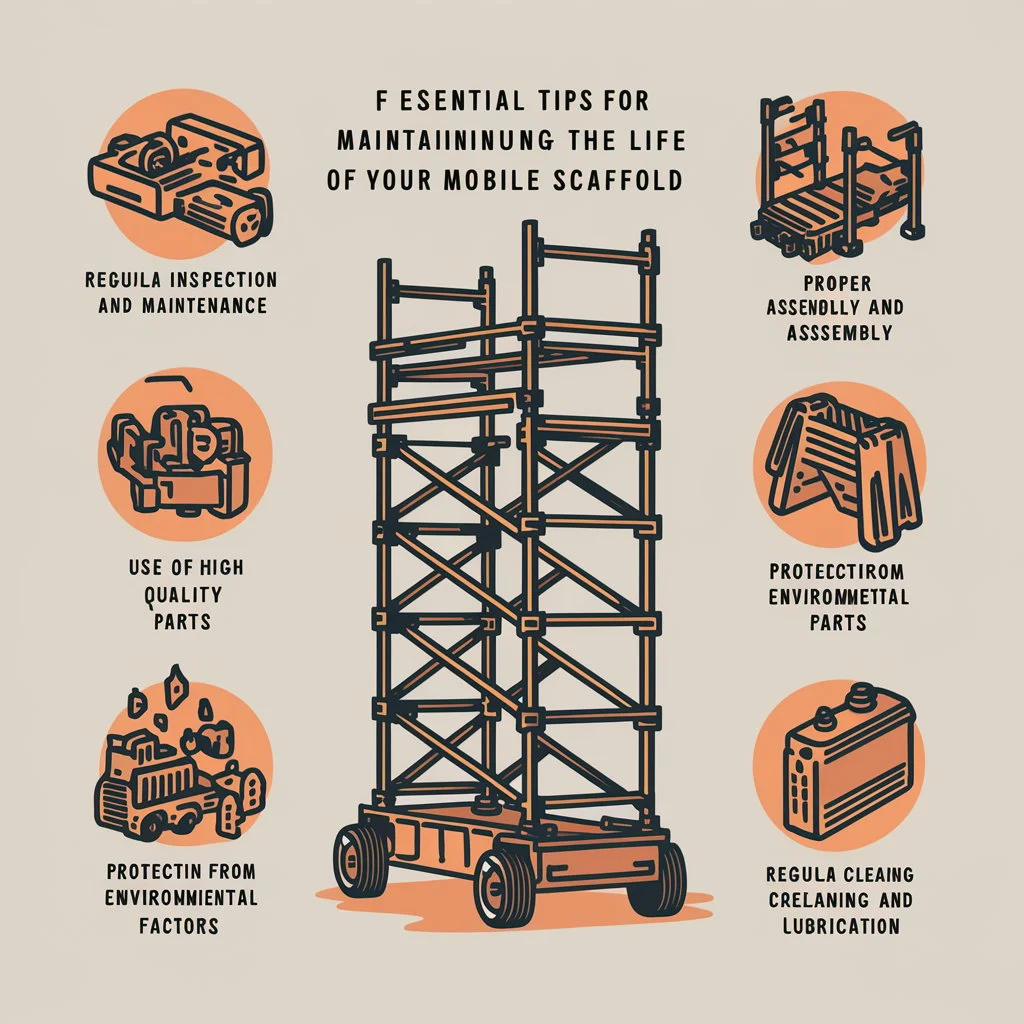How to Overcome Common Challenges in Waste Management?

One of the primary issues concerns the development and enactment of credible, efficient recycling systems. Despite the fact that several communities have been quite successful in the establishment of recycling initiatives. The question of how to achieve more participation and guarantee adherence to proper recycling methods is still a problem worth tackling. The provision of relevant information and education to the members of the community is one of the essential part for the proper implementation of the recycling program with hire small skip. These are meant to help all of them understand why it is important to recycle. And the appropriate materials for recycling. In the same vein, financing something like creating recycling bins, sorting plants, and collection services can facilitate the recycling process. And thus serve as an inspiration for more people to do it. By adding education, accessibility and structures into the agenda, communities are likely to accomplish their goals in the sphere of recycling. And simultaneously vastly diminish the amount of waste dumped in landfills.
Reducing Single-Use Plastics
The global diffusion of disposable plastics implies that there is increasing strain on landfill creations around the world. Only these single-use plastics such as the ones that turn into plastic bags and bottles to straws and packaging, cause pollution, damage wildlife and congest our landfills with more plastics. In order to overcome this issue, the collaboration of the government, businesses, and consumers is required to reduce the amount of discarded single-use plastics. Such an objective can be accomplished through the distribution of plastic bag bans. Provision of incentives to businesses to utilize other packaging materials and training campaigns directed at consumers on change from plastics to reusable alternatives. Communities aspire to be the leading in addressing the solid waste dilemma of single-use plastics by reducing their usage. So as less waste is generated and the pressure of the battle against extensive plastic pollution is relieved.
Inspiring source waste reduction and conservation
However, the importance of efficient waste management should not overlook the principle. That the best waste reduction should be done at the source of waste generation. Doing so means not producing waste in the first place and instead using methods to reduce waste: the consumption shouldn’t be so careless, products should be redesigned with the intent of less waste and reusing products or recycling. The enterprises have a great chance of reducing the quantity of waste by adopting strategies like eco-friendly packaging, product-to-back programs, and providing refillable options. Similarly, customers can take ownership by choosing products with lesser packaging, preferring products with reuse features, and adopting sustainable living practices. Turning what used to be an end-of-life routine into a preventive measure has twofold benefits: fewer leftovers on their way to landfills, thus a smaller overall imprint of humans on the environment.
Addressing Organic Waste Management
Organic waste, including food wastes and yard waste, represents a substantial portion of municipal solid waste and poses unique challenges in waste management. When disposed of in landfills, organic garbage decomposes anaerobically, producing methane, a potent greenhouse gas. To combat this issue, communities increasingly turn to organic waste managing solutions such as composting and anaerobic digestion. Composting affects the natural decomposition of organic materials into nutrient-rich compost. Which can be used to improve soil and promote plant growth. Anaerobic digestion utilises microorganisms to break down organic waste in the lack of oxygen, producing biogas. That can be used for energy generation. By implementing organic waste management strategies, communities can reduce greenhouse gas emissions, minimize landfill usage. And close the loop on nutrient cycles.
Enhancing Public Awareness and Education
One of the persistent challenges in waste management is the lack of public awareness. The understanding about the significance of proper waste disposal and recycling practices. Many individuals may not be fully aware of the environmental consequences of improper waste disposal or may lack knowledge about how to recycle effectively. Therefore, enhancing public awareness and education through targeted outreach campaigns, educational programs in schools and communities, and informative signage can help address this challenge. By empowering people with the knowledge and tools to make informed decisions about waste management. Communities can encourage a culture of environmental stewardship and encourage responsible waste disposal practices.
Improving Waste Collection
Efficient waste collection and transportation are essential components of a well-functioning waste management system. However, challenges such as inadequate infrastructure, inefficient routing, and lack of resources can hinder timely and cost-effective waste removal. To overcome these challenges, municipalities can invest in modernising waste collection fleets. Optimising route planning using technology, and implementing strategies to reduce collection times and fuel consumption. Additionally, exploring alternative transport methods. Such as electric vehicles or incorporating centralized collection points can further enhance efficiency. And reduce the environmental effect of waste transportation.
Summary
Municipal waste, which encompasses food waste, yard waste and other organic materials. May account for a large fraction of urban waste and poses specific problems for refusing operations. Organic wastes decomposed in the landfill emit methane gas into the atmosphere which is a highly powerful greenhouse gas. In fact, reaching this objective has recently become much harder. Since more and more communities have started implementing organic waste management techniques. Such as composting and anaerobic digestion. Composting is the process of turning various organic materials into compost by using degradation done naturally or artificially to get nutrient-rich compost. Which could be used to improve soil integrity and grow plants healthier. Anaerobic fermentation involves microorganisms consuming lignocellulosic materials in the absence of oxygen. And then converting it to biogas, a renewable source of energy. One way the community can achieve this is by implementing organic waste management techniques and, in doing so, help lowering greenhouse gas emission levels, decrease the total amount of landfills, and conserve the nutrients in the ecosystems by closing the loop.









